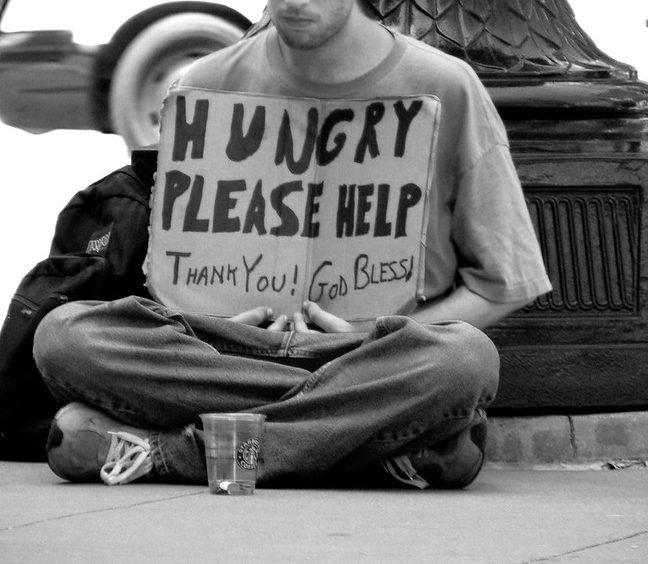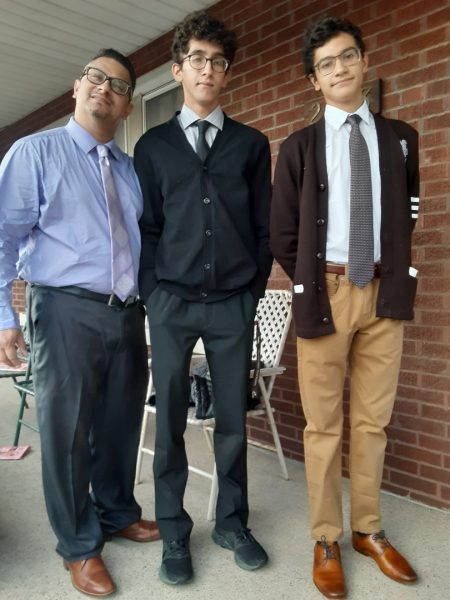Houselessness in Chicago needs greater attention
Chicago’s unhoused population is rising due to the pandemic. (photo cropped from original and used under Flickr creative commons license https://bit.ly/3oV2HVg)
The number of unhoused people has been rising over the last couple of years in Chicago. People have seen tents downtown, uptown, and even in their local parks. “Kicking people while they’re down is not a solution to homelessness,” said Juan Aviles, who has been living in a tent in Fireman’s Park. “Coming and telling people that they have to take down their tents — their only place of shelter — is not a solution to homelessness.” When Aviles talks about kicking down, he means while the person is already struggling and being forced to move to a different location.
To stop the unhoused situation from rising, it takes a group effort from everyone. Finding new ways to provide access to the unhoused in need, provide supplies all around the city, and create affordable housing to stop a lack of housing from rising in the city of Chicago.
Permanent housing with help and assistance for people who have mental health issues or any other disability is needed. Permanent housing is largely controlled by the United States Department of Housing and Urban Development but also is regulated on the local level. Affordable housing is based on the area median income, so for an unhoused person to be able to afford a home, they need to find the right area for them. Providing long-term family housing can help decrease the amount of unhoused people. What Chicagoans can do is donate to shelters around them, look for communities doing charity events, and much more.
The unhoused also need help getting access to health care, and health care debt and lack of affordable health care access are large causes and sustainers to the unhoused population nationwide.
An estimated 58,273 people were experiencing houselessness in Chicago in 2019 immediately prior to the COVID–19 outbreak. “They need to get everybody the hell off the streets and into shelters,” Charles Lou, an unhoused Chicagoan, told Block Club Chicago. “Or they’re gonna be responsible for the [loss of] innocent lives … . We are residents.”
People who are already unhoused are also finding that they cannot afford to help out others. “It’s crazy how many people are homeless now,” said Robert Vineyard, who has been unhoused for a year now. “I’ve had a lot of people I’ve asked for help say they need help.”
Chicago has been working with shelters and non-profit organizations to create more ways to support the unhoused. The issue is not so much sheltering them as it is the effort to make permanent housing for them. Most attempts to help the situation, both individual and broader, tend to focus on the short term instead of the long term.
Houselessness needs further attention. It is not a situation that will solve itself by being ignored.






